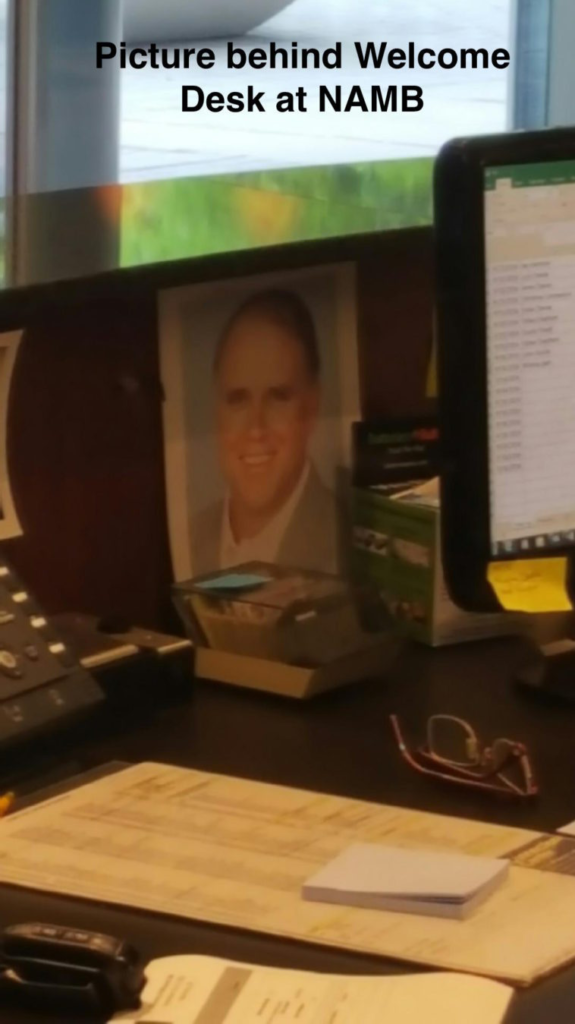A Southern Baptist Convention entity cannot hide behind the separation of church and state to avoid liability for wrongful termination and defamation, claims the latest argument filed in a dispute in federal court over whether such lawsuits are barred under the First Amendment to the U.S. Constitution.
Will McRaney, an author and consultant based in Winter Park, Fla., asked the U.S. District Court for the Northern District of Mississippi July 20 for a chance to prove in court that his 2015 termination as executive director of the Baptist Convention of Maryland/Delaware “was a direct result of the Golden Rule: He who has the gold makes the rules.”
McRaney, a former seminary professor, sued the SBC North American Mission Board in April, claiming that NAMB officials orchestrated his firing by threatening to withhold denominational funding for the two-state convention as long as he remained in charge.
 While believing his termination was morally wrong, McRaney said he wasn’t considering litigation until friends told him that NAMB officials subsequently tried to blacklist him from speaking at events in other Baptist state conventions and had a photo of him posted in the style of a “most wanted” poster at the agency’s headquarters in Alpharetta, Ga.
While believing his termination was morally wrong, McRaney said he wasn’t considering litigation until friends told him that NAMB officials subsequently tried to blacklist him from speaking at events in other Baptist state conventions and had a photo of him posted in the style of a “most wanted” poster at the agency’s headquarters in Alpharetta, Ga.
NAMB claimed in May the lawsuit should be thrown out of court under the “ministerial exception,” a form of immunity that limits civil courts from resolving disputes between a church and its members if they stray into questions of religious doctrine or ecclesiastical polity.
U.S. Magistrate Judge David A. Sanders issued an order July 18 halting discovery and other legal proceedings in the case pending resolution of the NAMB’s First Amendment defense.
In his response July 20, McRaney said while the dispute started over “church policy and direction,” it escalated into “continuous tortious conduct” after he left the BCM/D.
McRaney said in order to determine whether NAMB is entitled to a First Amendment defense, the court must first take a look at the facts of the case. Courts have ruled that the ministerial exception is not absolute, for example, in lawsuits involving alleged child molestation by Catholic priests.
McRaney said religious bodies “may not commit a tort upon a member of the public and hide behind a cloak of religion.”
He said NAMB “purposely and intentionally interfered” with his ability to make a living “with the multitude of separate and independent Baptist churches” with whom he had been affiliated his entire career.
He also questioned the “religious purpose” of posting his photo at NAMB headquarters, which he claims sends a negative message that something is wrong with him.
In addition to claims of absolute and qualified privilege, NAMB denies trying to interfere with McRaney’s employment and accuses him of causing the BCM/D to violate terms of a Strategic Partnership Agreement between the two entities. NAMB admits to posting a photo of McRaney but claims it was appropriate.
Previous stories:
Former state exec sues NAMB for libel, interference in business relationships
NAMB denies defaming former state convention exec
State Baptist exec blames firing on interference from SBC agency
State convention ‘saddened and disappointed’ by claims of former exec
